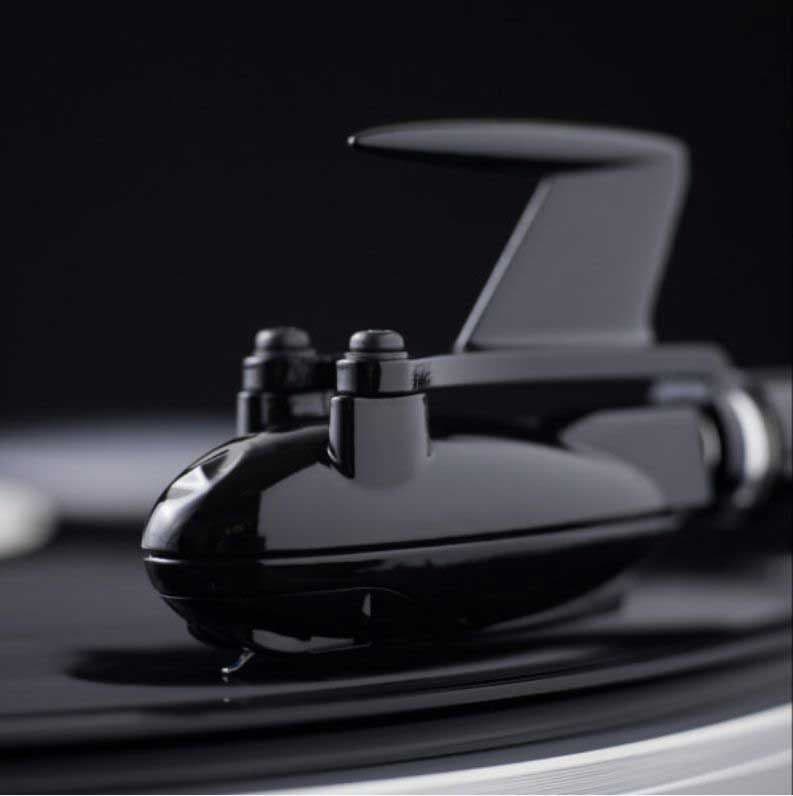JICO
Japan
www.jico-stylus.comAbout JICO
Founded in 1873 near Hamasaki, Japan, as a sewing needle factory, JICO (formally known as Nippon Precision Jewel Industry Co., Ltd.) has evolved over 150 years to become one of the world's premier manufacturers of precision turntable styluses and phono cartridges. Under the leadership of Chairman Kazushi Nakagawa, the company began producing high-quality record styli in 1949 and has maintained traditional Japanese craftsmanship standards while pioneering technological innovations in analog audio reproduction. JICO revolutionized the industry by developing diamond needles for modern phono cartridges in 1966 and later introducing their groundbreaking Super Analogue Stylus (SAS) and neoSAS technologies in 1990, establishing them as a technological pioneer in precision audio components. Based in Hamasaki, Japan, the company operates as turntable needle archaeologists, meticulously recreating over 2,000 different discontinued needle models to keep vintage record players functional, with each stylus handcrafted by skilled artisans using traditional Japanese manufacturing methods. JICO gained significant recognition in 2018 when they revived the iconic Shure N-447 needle, a discontinued favorite of hip-hop DJs, transforming the company from a niche parts supplier to a household name in the vinyl DJ community. The company's comprehensive product portfolio includes replacement styluses for discontinued Shure phono lines, high-end cartridges across all ranges, and precision components featuring spherical, elliptical, hyper elliptical (HE), and Shibata profiles. Operating entirely in Japan with all manufacturing done by hand, JICO serves both audiophiles seeking to restore vintage equipment and modern users requiring precision analog components, maintaining their 150-year legacy of precision craftsmanship while keeping the analog music experience alive for current and future generations. The company fills a unique role in the audio industry by combining historical preservation with cutting-edge audio technology, ensuring that vintage turntables remain functional through their meticulously engineered replacement components.
Read moreHiFi Editorial
JICO Introduces Original Dual MM Cartridge "Clipper"

JICO's new MM cartridge "Clipper" launched October 1, priced at ¥55,000, with stylus "Clipper Stylus" available for ¥14,850.
Compatible with S/J-shape and straight tone arms, features "Dual Fitting" for SHURE and JICO replacement needles.
Includes natural diamond stylus, tapered aluminum cantilever for reduced mass and enhanced vibration fidelity.
JICO Introduces Clipper MM Cartridge: Expanding into Moving Magnet Market

JICO introduces its first Moving Magnet (MM) cartridge, the Clipper MM, targeting audiophiles and DJs.
Innovative handle design integrates with the headshell, centering the weight and enhancing usability.
Offers compatibility with JICO and vintage Shure styli, ensuring diverse stylus options.
Join the HiFi.fan community to discuss experiences with JICO gear.